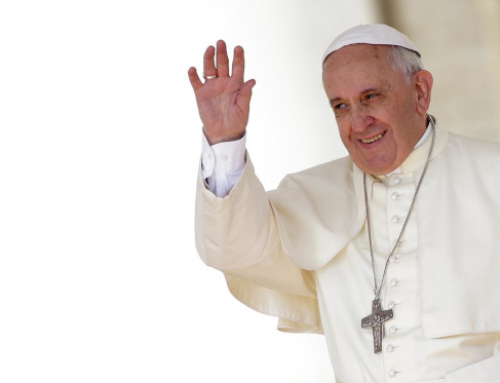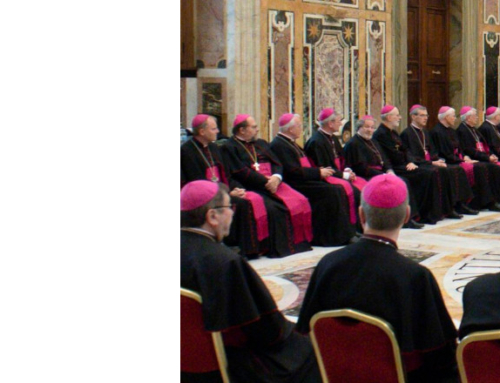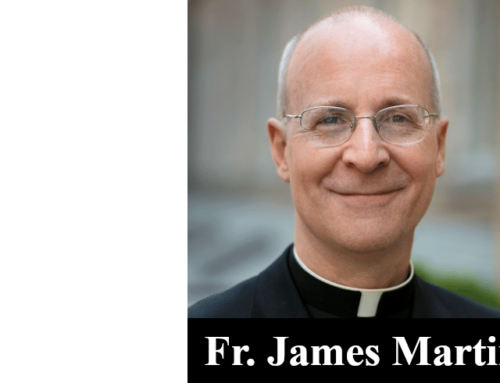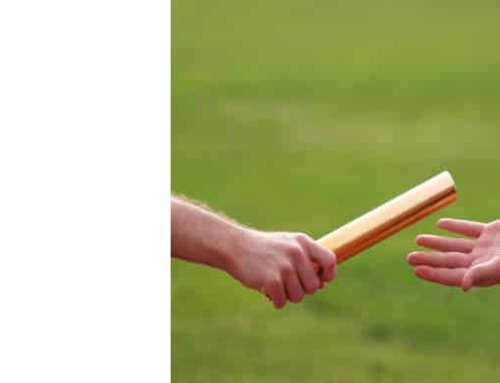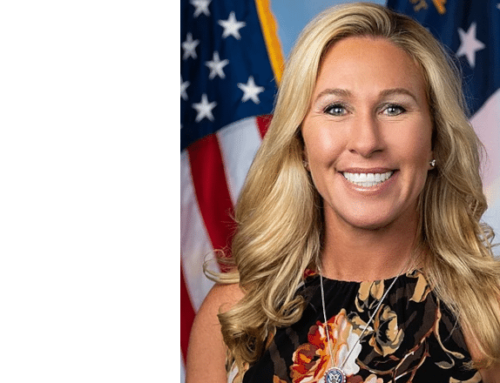Catholic League president Bill Donohue comments on the Vatican’s guidelines on sex abuse and the early reaction to it:
The three most noteworthy features of the Vatican’s new guidelines are (a) its commitment to the due process rights of priests (b) its insistence on cooperation with civil authorities and (c) its restatement of episcopal authority in these matters.
It was reassuring to learn that the Vatican says, “The accused cleric is presumed innocent until the contrary is proven.” Significantly, the guidelines say that “the prescriptions of civil law regarding the reporting of such crimes to the designated authority should always be followed.” It also puts the ultimate authority in these matters squarely in the hands of the bishops or major superiors.
The guidelines are respectful of episcopal autonomy and do not attempt a universal template. This is important because cooperation with the civil authorities in some nations is tantamount to suicide: hostile environments for Catholics exist, and any cooperation with the authorities in these nations is bound to come at the expense of justice. With regard to authority in these matters, the Vatican understands the role that diocesan review boards play, but it also recognizes that they are not a substitute for the authority lodged in the bishop.
The news story by the Associated Press speaks of priests who “rape and molest children,” referring to them as “pedophile priests.” It is factually wrong: few were raped, most were not children, and pedophilia is not the problem. In fact, the data show that “inappropriate touching” has been the most common form of abuse, and that most of the victims were postpubescent males, meaning that homosexuality was at work.
Finally, I was disappointed to read that John Allen of the National Catholic Reporter, who cited criticism of the guidelines by SNAP, did not inform his readers that those comments were made yesterday, before the Vatican’s statement was released.


